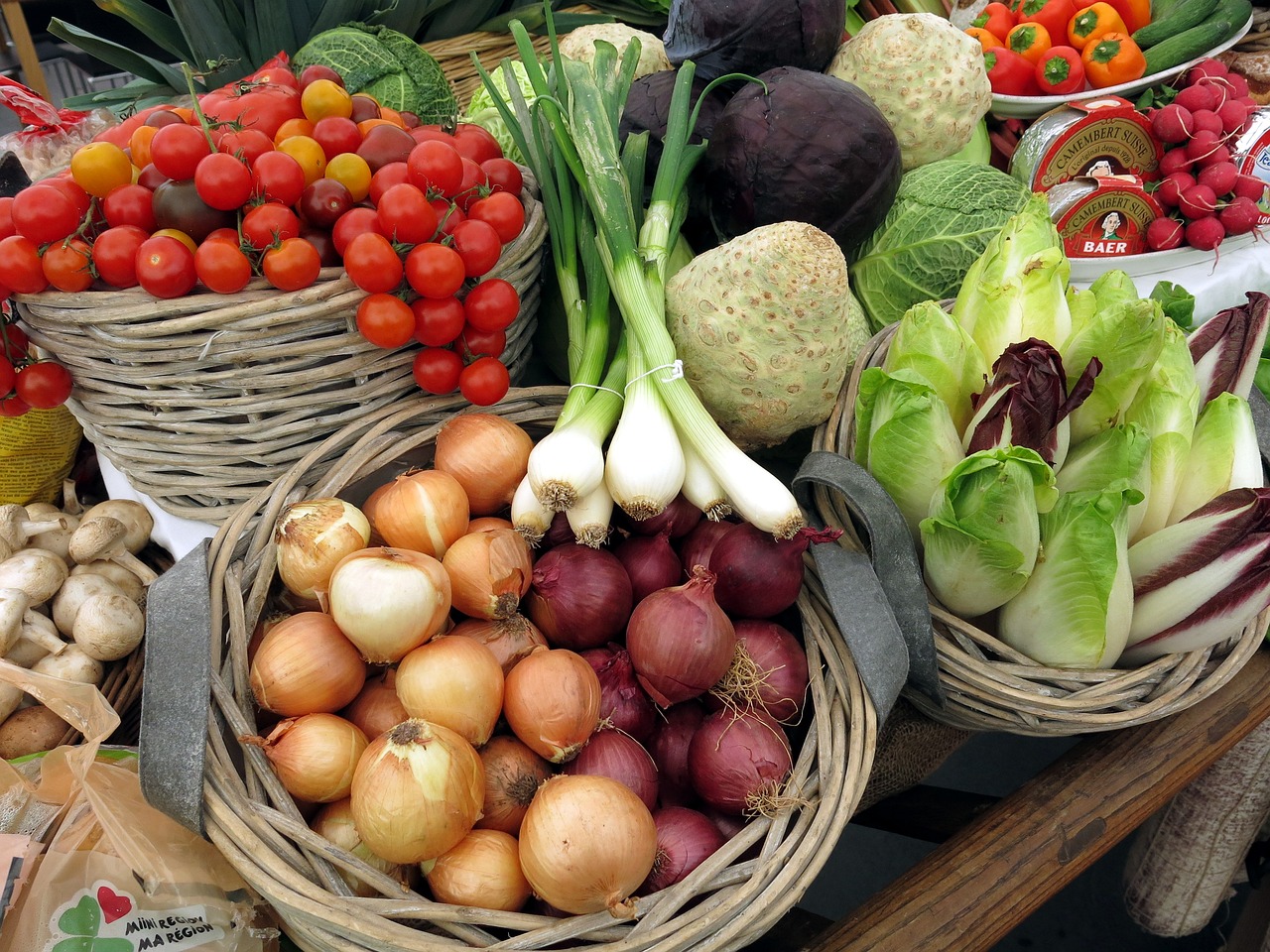In the face of pressing climate change challenges, the food sector holds a crucial role in advancing sustainability. As Albert Einstein once said, “We cannot solve our problems with the same thinking we used when we created them.” Enter carbon farming—an innovative practice that can significantly contribute to reducing greenhouse gas emissions and fostering climate resilience within the food system. In this article, we delve into the vast potential of carbon farming and its transformative impact on the food sector’s response to climate change.

The Food Sector's Role in Climate Change
The food sector plays a significant role in contributing to greenhouse gas emissions, posing challenges to global food security and nutrition. To address these issues, sustainable practices are crucial. By adopting measures that reduce emissions and enhance climate resilience, the food sector can mitigate its environmental impact and ensure a sustainable future for food production and consumption.
Agricultural activities, including livestock production and land-use changes, contribute to greenhouse gas emissions. These emissions worsen the greenhouse effect, leading to climate change’s adverse effects such as extreme weather events and disrupted crop yields.
Carbon Farming: Paving the Way for Sustainable Food Production
Carbon Farming is revolutionising sustainable food production by sequestering carbon in the soil and offering a multitude of benefits. Through regenerative agriculture practices like conservation agriculture, agroforestry, and organic farming, farmers can improve soil health, increase yields, and store carbon. This approach reduces the environmental impact of food production and contributes to combating climate change. Carbon Farming enhances soil fertility, water retention, and biodiversity while minimising the need for synthetic inputs. It creates a win-win situation by providing farmers with greater productivity, consumers with healthier food, and the environment with reduced greenhouse gas emissions.
Embracing Carbon Farming is crucial for building resilient and sustainable food systems. By rethinking conventional practices and adopting regenerative approaches, we can pave the way for a more sustainable future, ensuring the availability of nutritious food while addressing the challenges of a changing climate.
“The quality of soil is directly linked to the quality of the food that grows in it. Regenerative agriculture leads to higher nutrient content in food due to soil improvement and biodiversity, resulting in crops with higher levels of vitamins, minerals, and phytochemicals,” says Eryk Frontczak, Carbon Product Manager at HeavyFinance, a climate tech investment platform for agriculture. Carbon Farming, through its regenerative practices, enhances soil health, fosters biodiversity, and improves the nutritional value of food. By adopting these sustainable farming methods, we can cultivate crops that are not only environmentally friendly but also provide greater nutritional benefits for consumers.
Funding and Support for Sustainable Agriculture
Funding and support play a crucial role in driving the adoption of carbon farming practices and advancing sustainability in the food sector. Governmental organisations already make an effort to aid in this area with the charge led by the EU and their initiatives such as ‘From Farm to Fork’. Collaborative efforts and financial backing are key to facilitating the transition towards more sustainable food production systems. In this regard, climate fintechs like HeavyFinance are making a significant impact. HeavyFinance offers innovative solutions such as 0% Green Loans designed to support sustainable farmers and those seeking to transition to regenerative farming practices. By providing accessible funding options, HeavyFinance empowers farmers to enhance their environmental stewardship and contribute to a more sustainable future for the food industry.
Ensuring Resilient and Sustainable Food Production
Carbon farming presents a transformative approach to address climate change challenges in the food sector. By embracing sustainable practices, the sector can effectively reduce its environmental footprint, enhance resilience to climate change, and ensure the availability of safe and nutritious food for future generations. It is imperative for governments, businesses, and consumers to recognise the pivotal role they play in supporting and promoting carbon farming as a critical strategy for the future of sustainable food production. By collectively embracing this approach, we can pave the way for a resilient and sustainable food system that safeguards both our planet and our well-being.
